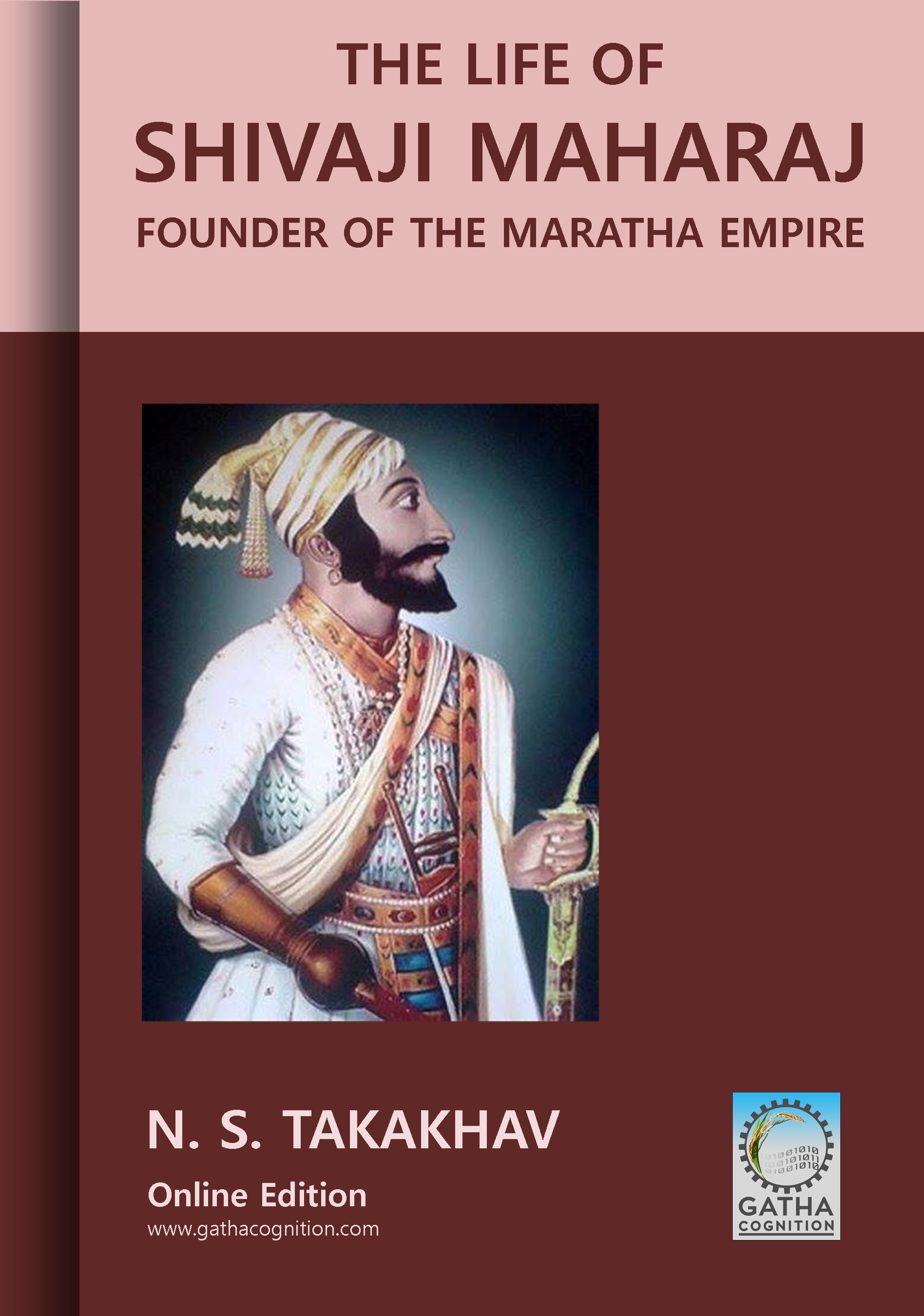
The Life of Shivaji Maharaj: Founder of the Maratha Empire




Mr. K. A. Keluskar has asked me to write a brief foreword to the English edition of his Life of Shivaji Maharaj, and I have consented to do so because of the high regard that I have for him both as a man and as a Marathi scholar and because of our long-standing friendship. I have no other claim than these give me to take it upon myself to introduce this book to the public. At the same time I feel that it is only fitting that this story should be told by one who is sprung from the same robust and manly stock to which the great Maratha soldier himself belonged, and I feel that, if that be so, there is no one so well able to tell the story with sympathy, with knowledge and with critical judgement as Mr. Keluskar. Shivaji belongs to no class or caste; he is a national possession. He may be said indeed to have come to rebirth in the hearts of his countrymen, not of Maharashtra alone but of all India, in the national awakening of the last twenty years. But at the same time it is inevitable that some aspects of his life and work can be best understood and appreciated by one whose kinship with him is not of race or nation only but of caste as well. The rivalry between various classes, seeking to prove that their ancestors had a share in the accomplishment of the task of this Maratha Liberator,— a rivalry that stirs wide and vivid interest at the present time, — is indeed a testimony to the inspiration that his memory and example bring to his fellow countrymen still. Perhaps an element of class jealousy, not yet wholly extinguished, embitters sometimes these disputes and renders an
The view of Sir William Hunter that affirms that Shivaji won his supremacy “by treachery, assassination and hard fighting” is as unhistorical and as partial as that which exalts him to the position of a super-human being. Both views do injustice to the foresight, the statesmanship, the tenacity of purpose of the king himself and to the loyalty and the courage of his subjects. One of the hateful aspects of war is, as a Greek historian has said, that it takes away your freedom and puts you in the region of necessity. That fact makes it only fair that we should judge a soldier, not only in the 17th century but even to-day, by a lowered standard. When we remember this we must agree that India has every right to set the Maratha warrior-king in a high place among those whom she remembers with gratitude and pride.impartial judgement difficult. But the growth of a critical spirit in the young historical students of to-day, among whom the translator and editor of this book has a distinguished place, as well as the influence of a wider patriotism, will speedily exorcise this evil and enable India to view her great son as he actually was, unobscured by either depreciation or flattery.
Poona,
May, 1921 N. Macnicol